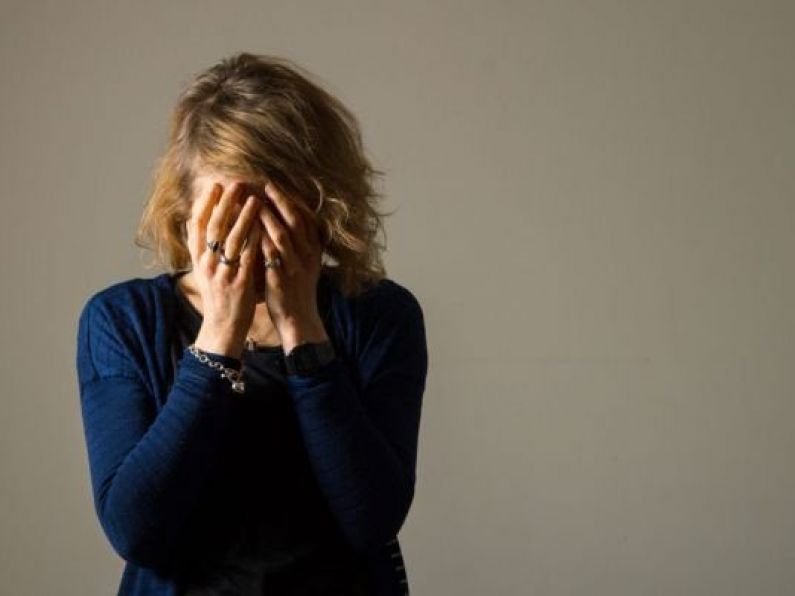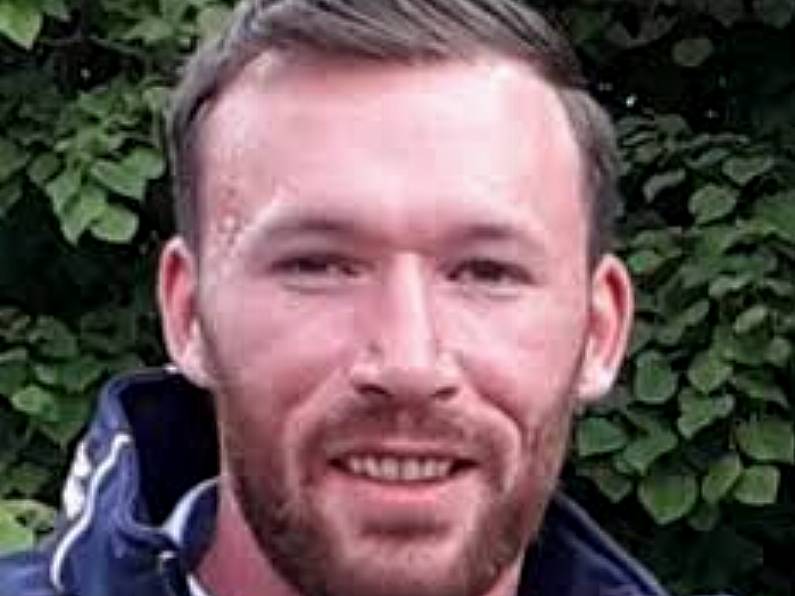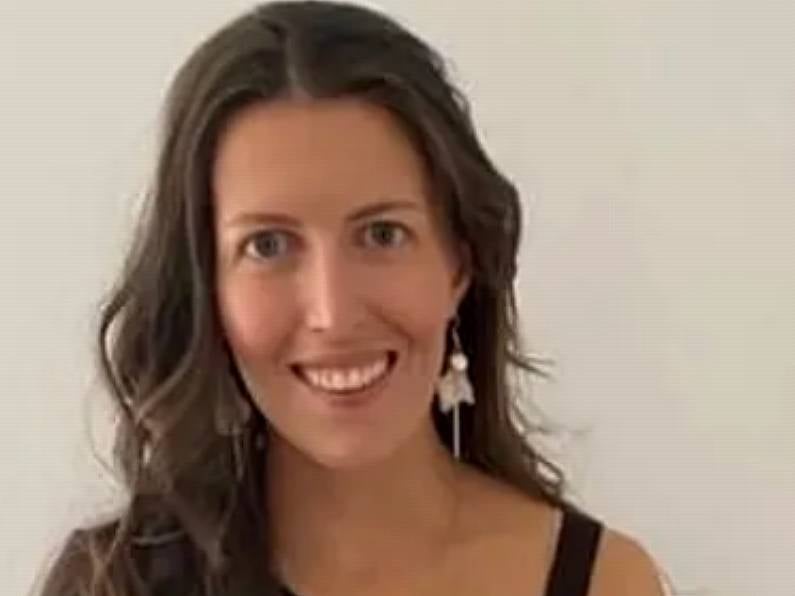By Michelle Devane, PA
Perceived fear of losing children is a major barrier to women accessing addiction treatment, new research suggests.
The report by Trinity College Dublin also found there is an “urgent” need for the expansion of gender-sensitive drug and alcohol treatment approaches that support the needs of women.
The number of women reporting drug and alcohol use in Ireland is rising, but women are less likely than men to attend drug and alcohol treatment services.
Most people who use drugs in Ireland are treated in the community. But only three in 10 people accessing services for substance use are women.
The Supporting Women To Access Appropriate Treatment (SWAAT) study aimed to gain an insight into the experience of women with drug and alcohol treatment needs in the greater Dublin area of Ballyfermot and Tallaght.
Childhood
Researchers noted that literature focusing on women accessing treatment remained “relatively scant” to date, particularly around their rationale for not attending treatment and they wanted to remedy the knowledge gap.
The report found that prior exposure to traumatic early and later life events was associated with progression into problematic patterns of drug use.
Women in the study typically described a childhood marked by poverty, bereavement and family adversity.
Notwithstanding their challenges with alcohol and/or other drug use, women participating in this study expressed a “strong desire to access recovery services” and lack of access to childcare services was cited as the most significant barrier to accessing treatment.
A high number of key stakeholders noted how the responsibility of childcare most often rested with the mothers.
Constant loop
The stakeholders also highlighted the constant loop that women with co-occurring mental health issues and drug use found themselves in when seeking help.
Based on their findings the report authors recommended that an adequate trauma-informed response for women who use drugs needs to be developed.
They also said a gender-transformative, integrated treatment and support services should be established for women who use drugs.
They also advised that a working group be set up between Ballyfermot and Tallaght Local Drug and Alcohol Task Forces and the child and family agency (Tusla) and that pathways for women to sustain recovery are developed.
Women who use drugs report significantly higher levels of stigma than men
Trinity College Assistant Professor in Addiction at the School of Medicine Dr Jo-Hanna Ivers said: “While both men and women who use drugs experience stigma, the experience is gendered due to drug dependence challenging social and cultural expectations of women as nurturers, mothers, daughters, sisters, and caregivers.
“Women who use drugs report significantly higher levels of stigma than men.
“Fear of stigmatising experiences is one of the most reported factors hindering women who use drugs from accessing substance use treatment.”
Dr Ivers added that participants spoke about several changes that are needed to ensure women who use drugs access treatment such as an increase in residential treatment centres with onsite childcare facilities.
They also spoke about the need for a lowering the threshold of domestic violence refuge for women who use drugs and alcohol, and developing gender-specific peer-led support to support recovery pathways.






